Big Little Moments
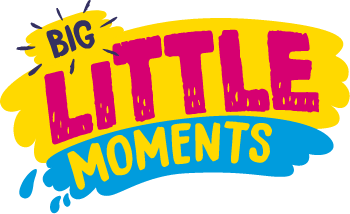
Sharing Big Little Moments every day
How do the Big Little Moments work?
Children’s brains are made of many different strands. Three of these strands are how they learn to talk, how they feel, and how they make friends. Every time you talk to a child, or respond to them, you’re helping these strands grow strong. And the stronger each strand is, the stronger their brain will be.
All these little moments you share add up to something much bigger. Giving children the skills they need to develop into healthy, bright adults.
Find out how our parents are making the most of their Big Little Moments

The Big Little Moments:
Sharing a Story
Sharing stories is really important for helping young brains grow and learn.
Which stories will you share?
Stories aren’t just for bedtime, and they don’t have to come from books. They can be a story from your life or one you’ve made up.
Using Loving Words
When you use kind and loving words in response to what a child is doing, you’re helping them learn and grow.
How will you use loving words?
Loving language lets children feel safe and loved. Use kind words during every day; when having a bath, eating dinner, or playing together.
Making Everyday Moments Fun
When your baby tries to play, like when you’re getting them dressed, be playful back. This helps them learn and grow.
Are there any moments you and your child make fun?
Have fun with choices at dinner time. "What are you going to eat next?"
Talking To The Bump
Babies’ brains are developing even before they are born. When you touch, sing or talk to the bump, you’re helping them to learn and grow.
When do you talk to the bump?
Your baby can recognise your voice even before they’re born. Talk to the bump throughout the day. You can even share your favourite songs.
Making Time To Play
Every time you play with your child, you’re helping them to learn and grow.
What games does your child enjoy playing?
Playing outside is important too, whatever the weather. Splash in puddles, look for shells or collect colourful leaves.
Listening & Responding
Chatting to your child is really important. When they ask for your attention, responding to them helps them to learn and grow.
What does your child like to talk to you about?
Children enjoy chatting to you about what they’re up to so ask them questions as often as you can.
Saying What They See
Making playful noises and pointing to things are some of the ways babies talk to you.
What’s that?
When your child points something out, tell them more about it. That’s a dog barking and that's a bike, look at the wheels.
Saying What They’re Doing
When you talk to your child about what they’re doing, you’re helping them to learn and grown.
What are they up to?
How would you talk to your child about what they’re doing right now? ’What are you building? Wow, you’re drawing a fish!’
Singing Songs And Rhyming Rhymes
Singing with your child helps them learn and grow. When you sing a song together or say a rhyme, you're helping them build a strong and healthy brain.
Answering All Their Questions
Children love to ask questions. When you respond, even if you don't know the answers, you're helping them learn and grow.
Giving Hugs And High-Fives
When a child reaches out for love, give them a hug or high-five. You're doing more than being kind, you're helping to build their brain.
Having Skin To Skin Contact With Your New Baby
When you hold your new baby skin-to-skin, it makes them feel safe and helps them to learn and grow.
Saying Well Done With Stories And Play
When you share play time or stories as a way of saying "well done", your child is learning right from wrong.
Making Waiting Time, Play Time
If you're waiting for a bus, to see the doctor, or in a queue, use the time to chat with your child. Ask them a question and let them respond, this helps them to learn and grow.
Turning Screen Time Into Talk Time
When your child is watching TV or playing on a phone, watch and play with them. Ask them a question and let them respond, this helps them to learn and grow.
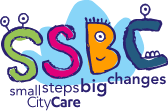
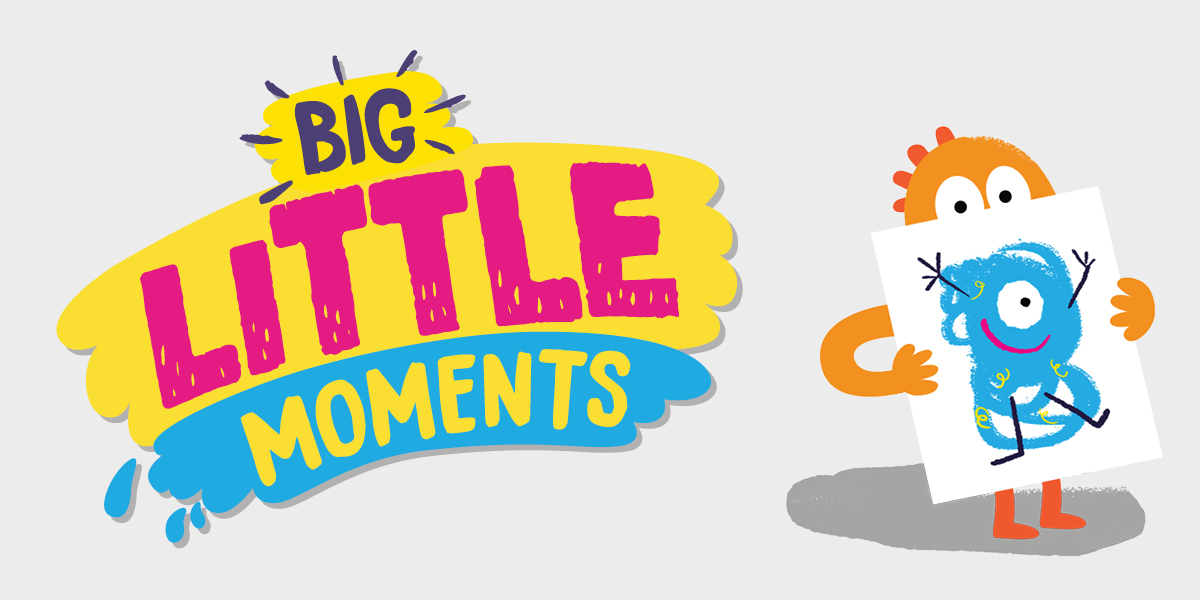
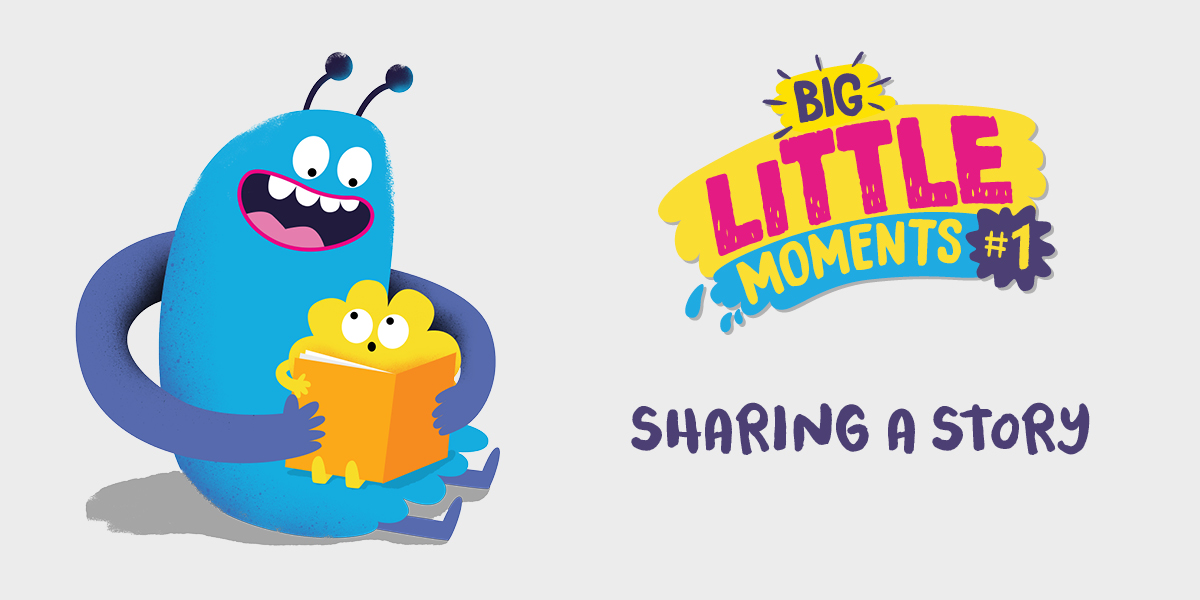
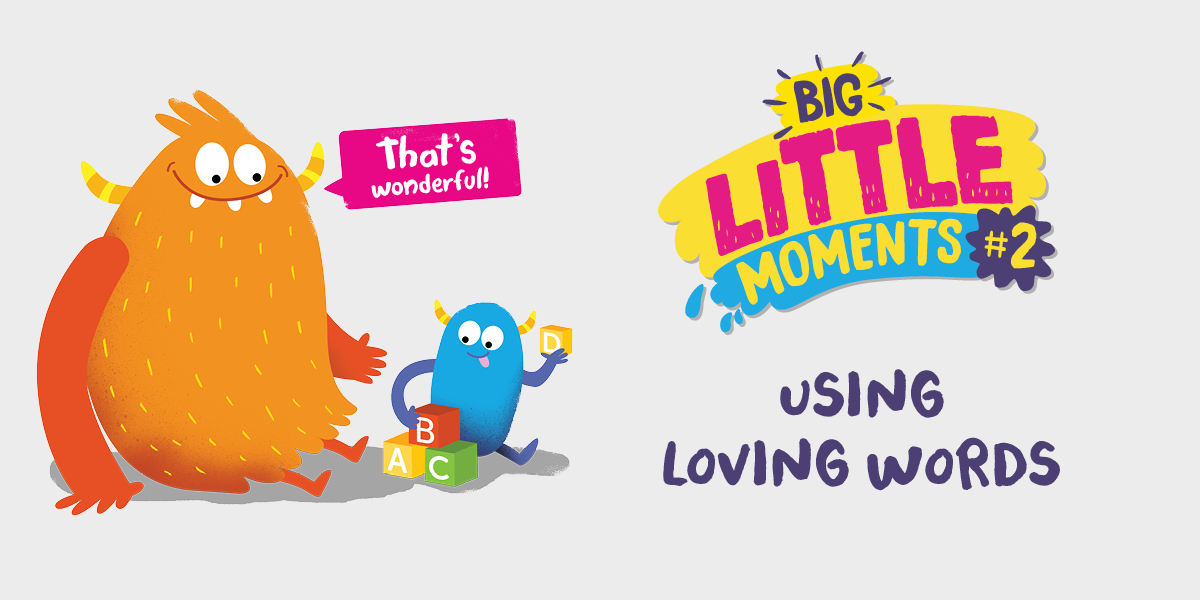
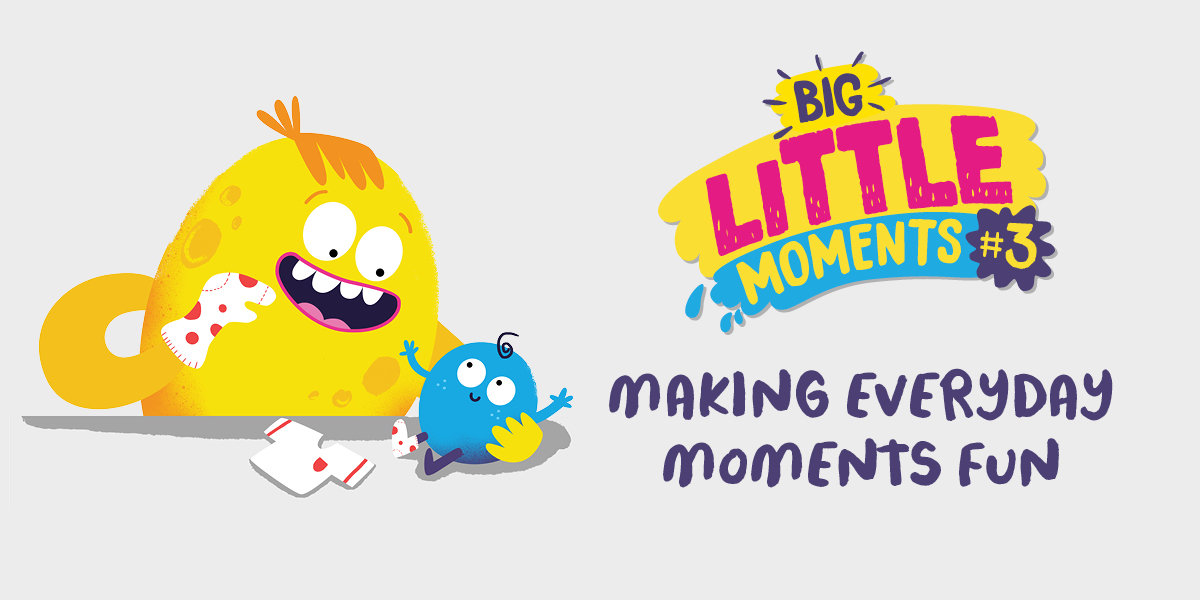
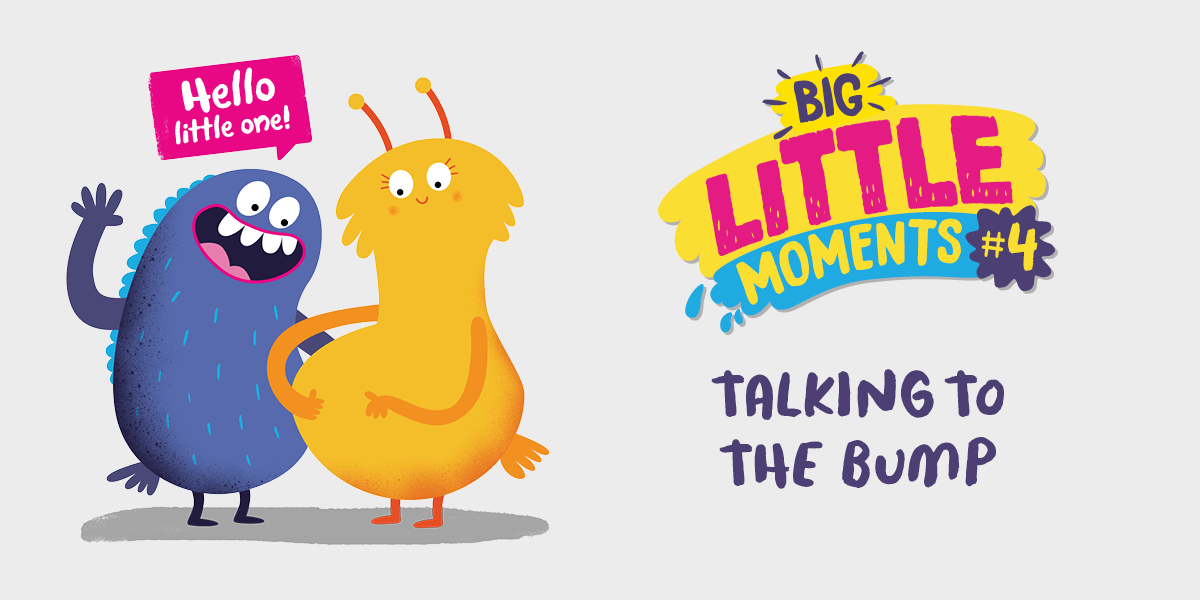
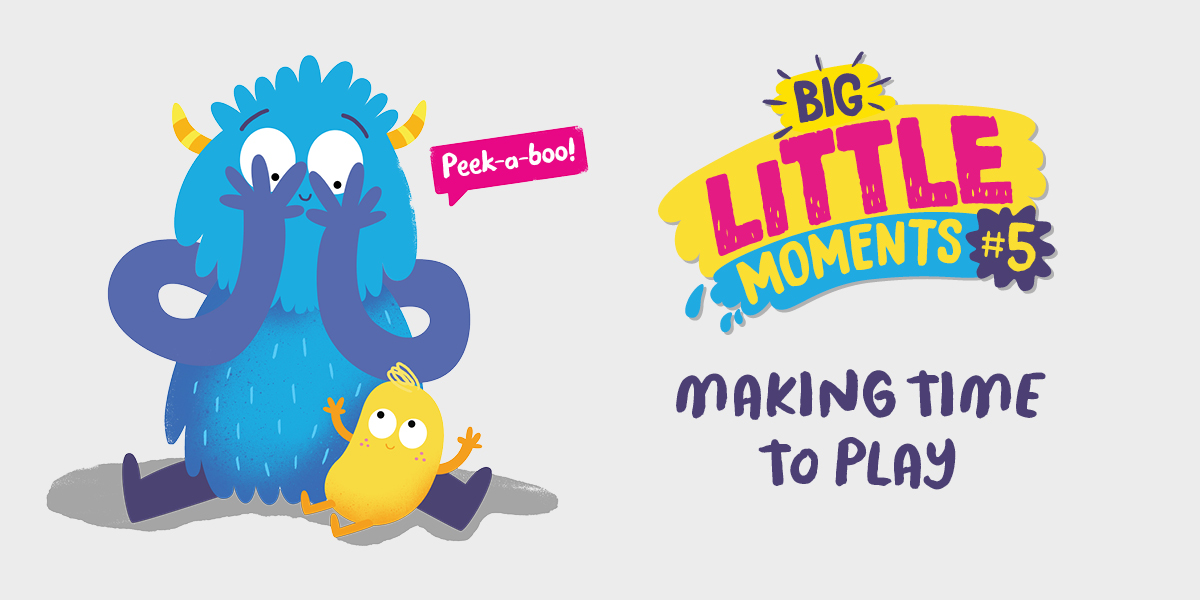
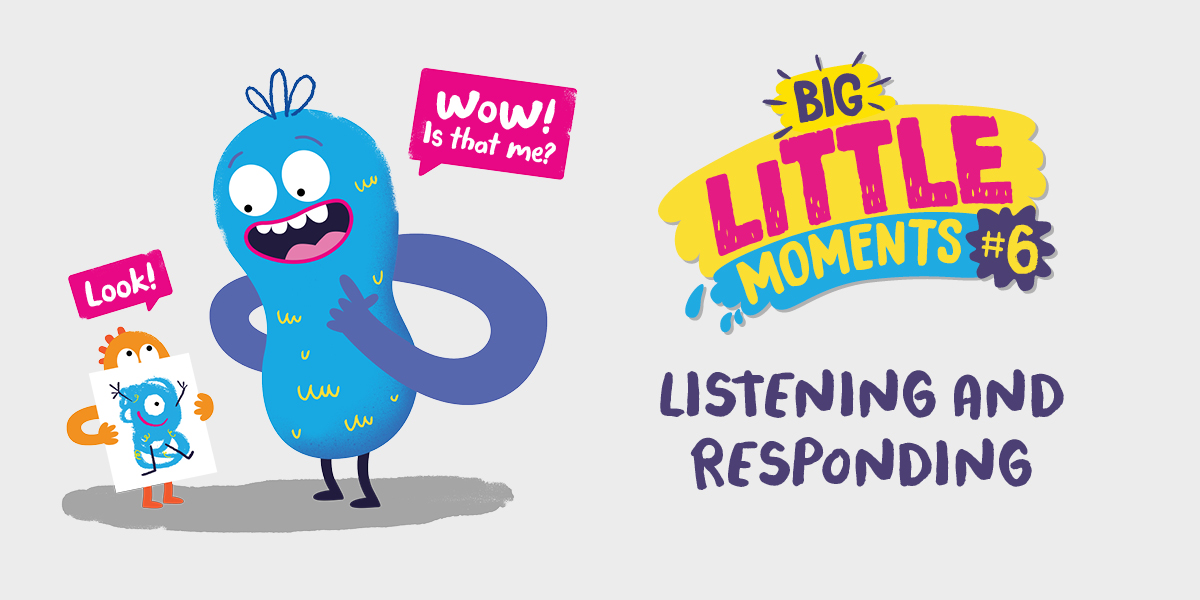
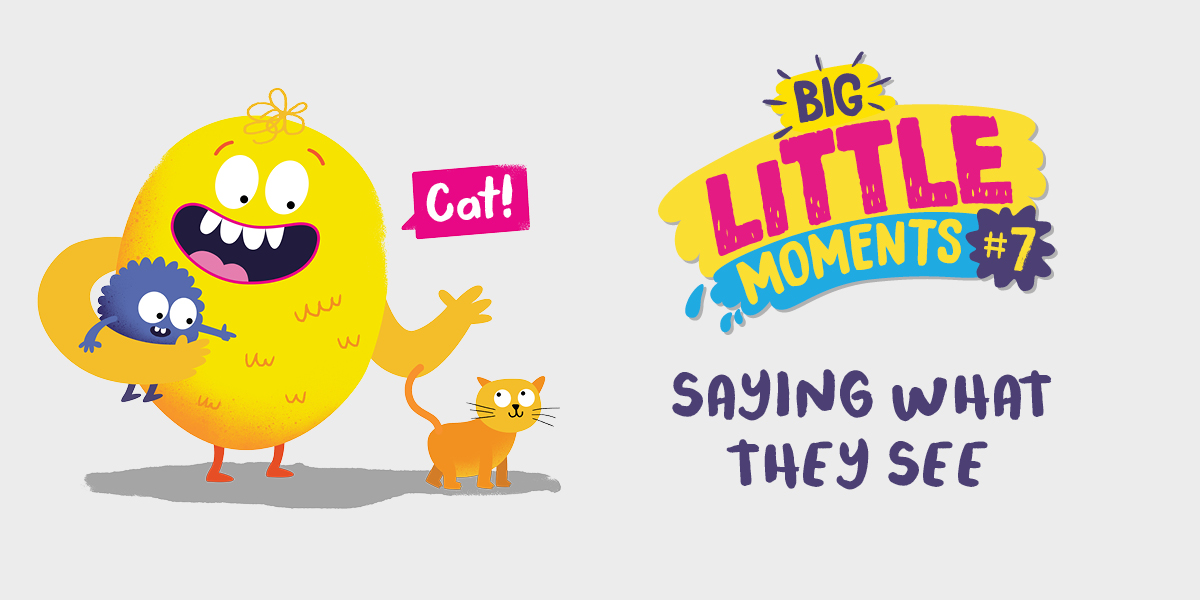
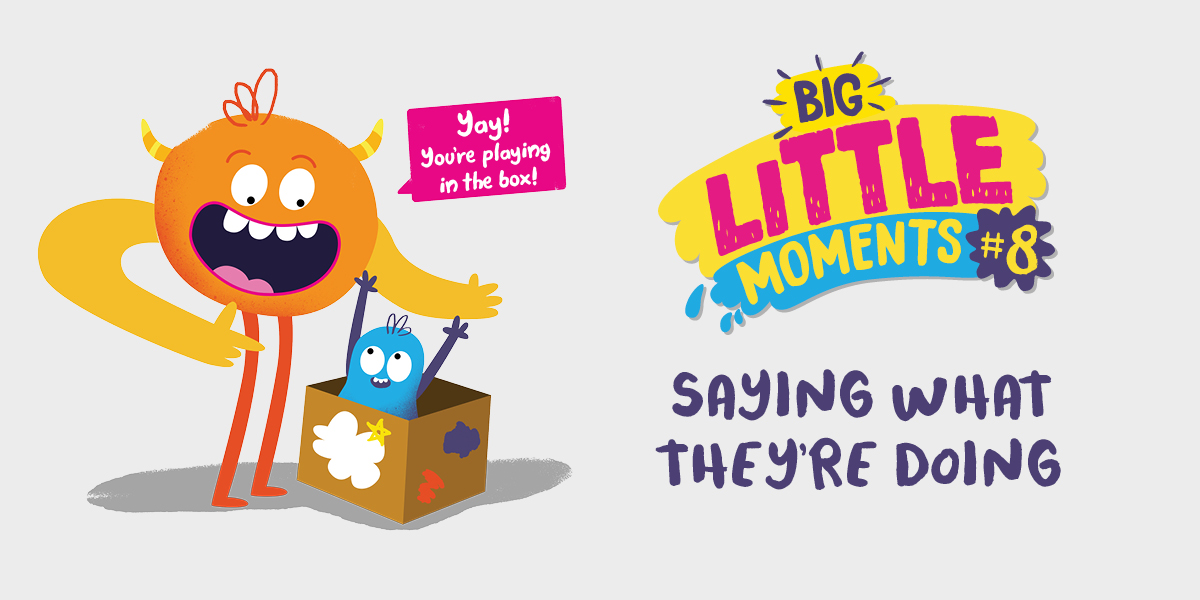
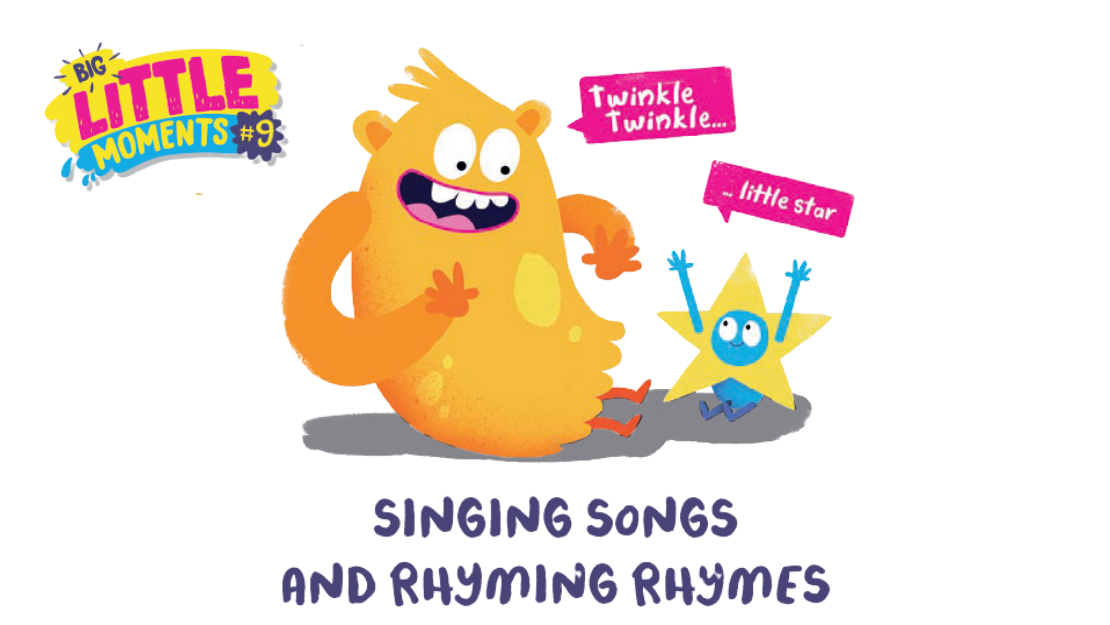
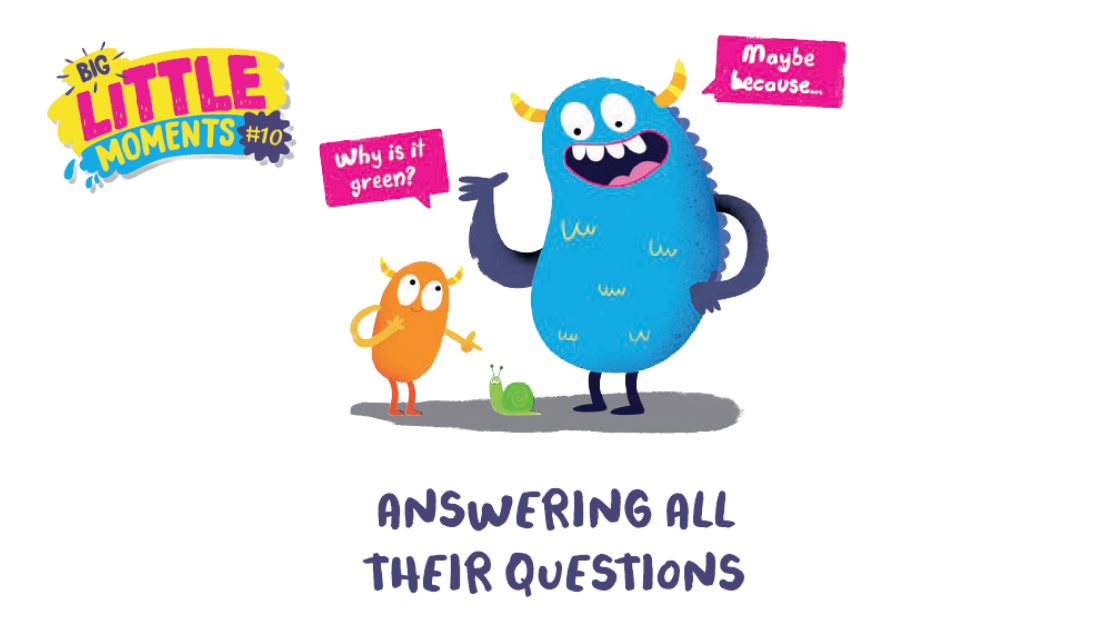
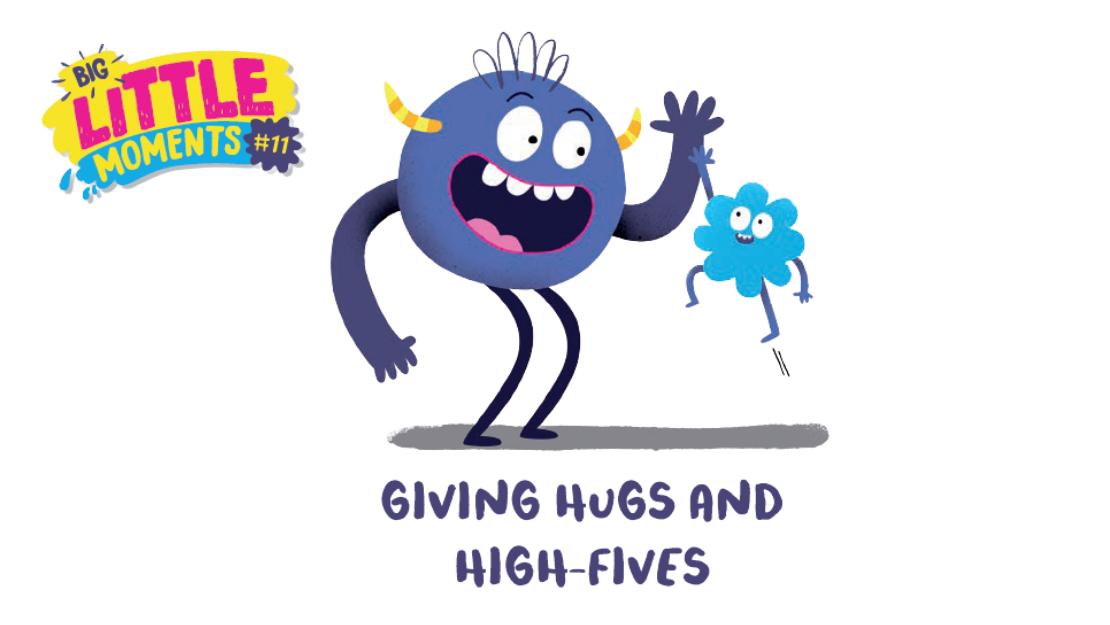
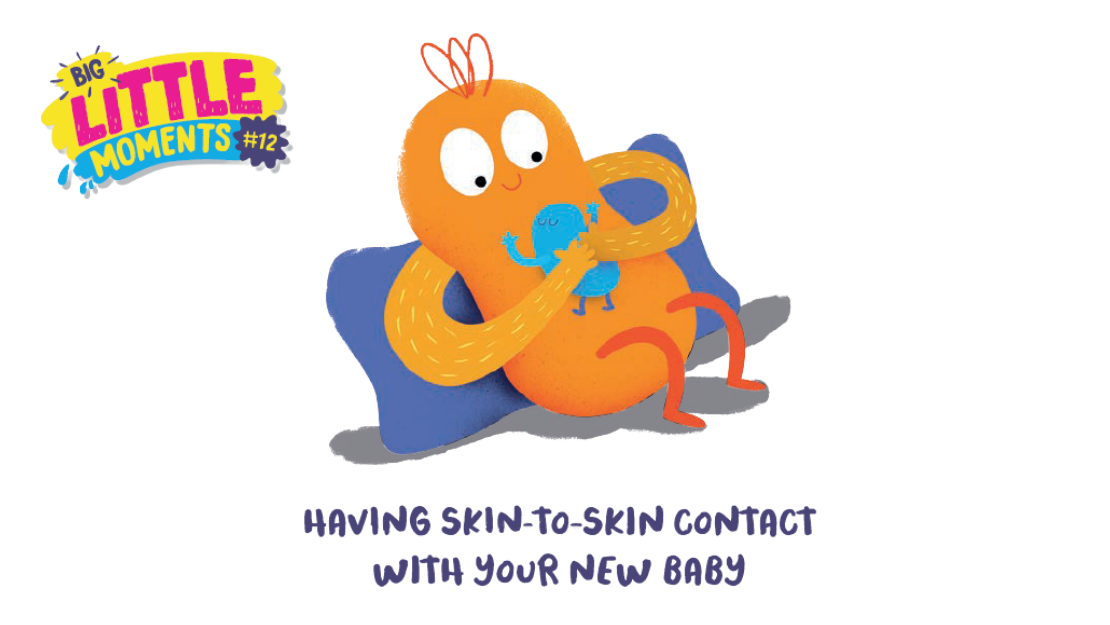
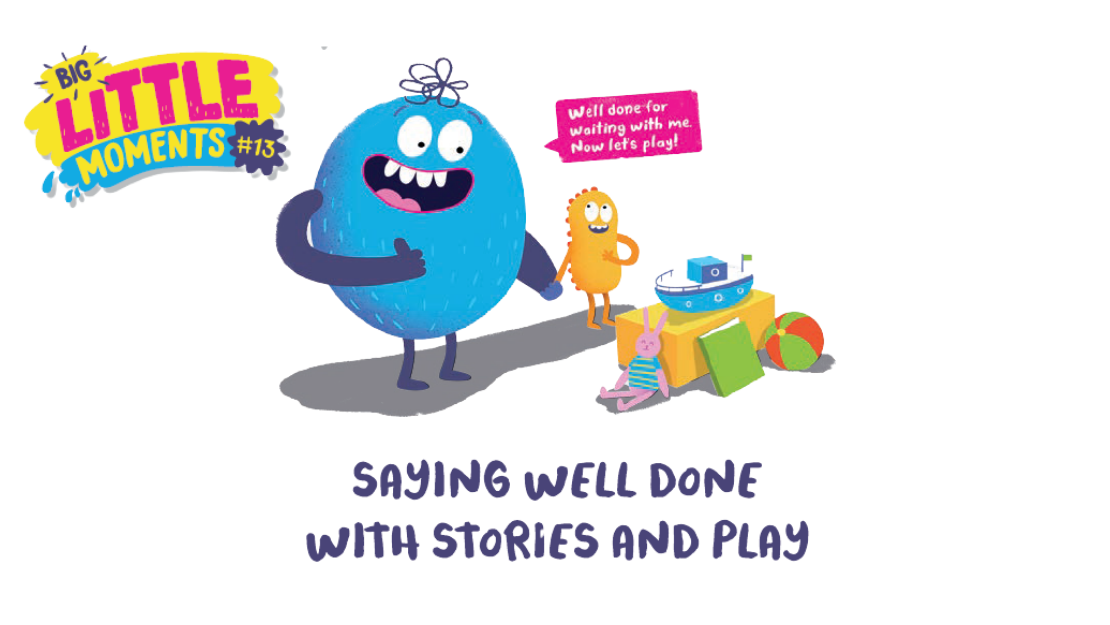
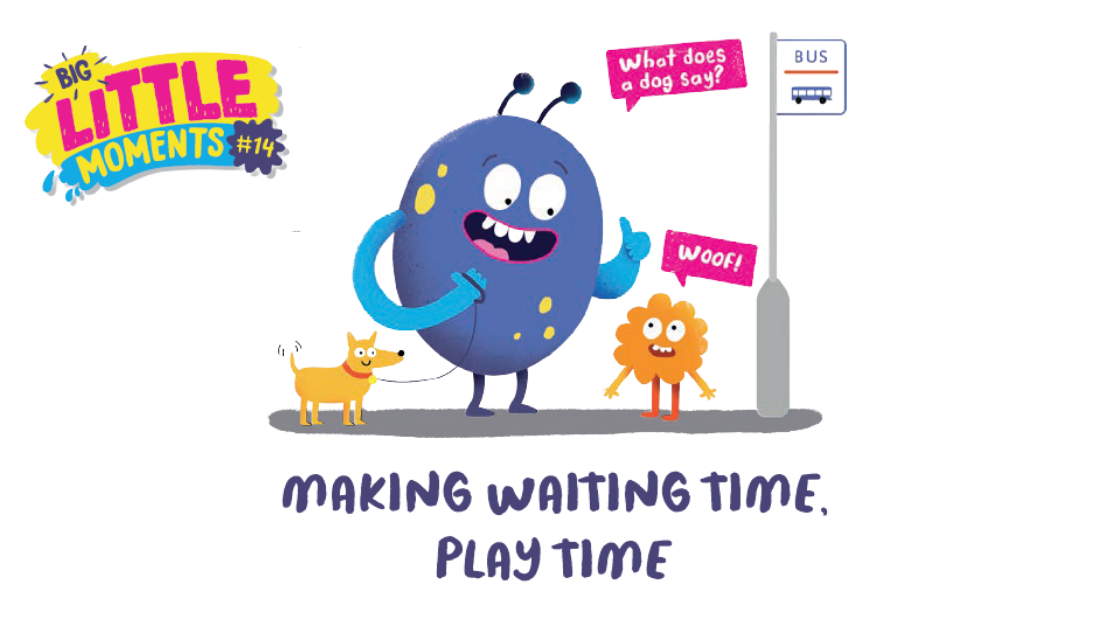
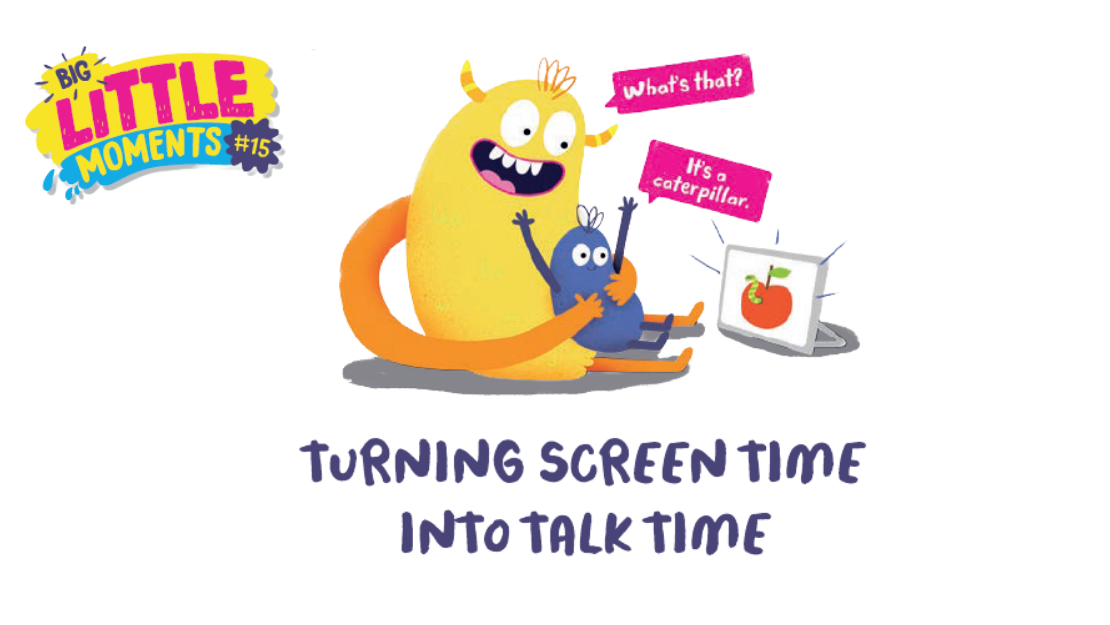
 Contact the Aspley Family Mentor Hub
Contact the Aspley Family Mentor Hub  Contact the Bulwell Family Mentor Hub
Contact the Bulwell Family Mentor Hub  Contact the Hyson Green and Arboretum Family Mentor Hub
Contact the Hyson Green and Arboretum Family Mentor Hub  Contact the St Ann’s Family Mentor Hub
Contact the St Ann’s Family Mentor Hub 